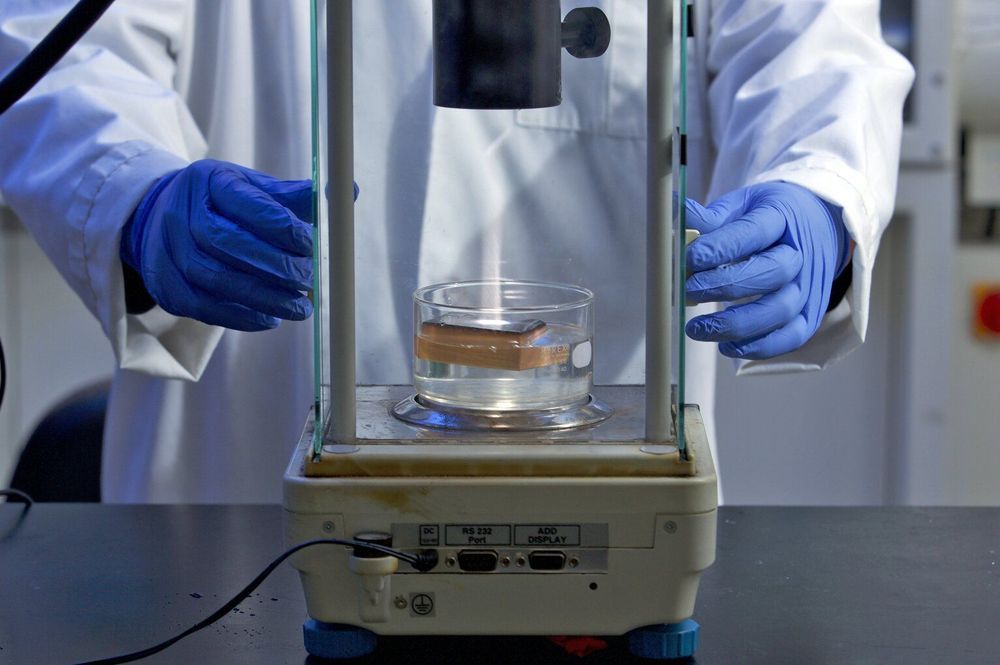About a billion people around the world lack access to safe drinking water. Desalinating salty water into drinkable water can help to fill this dangerous gap. But traditional desalination systems are far too expensive to install and operate in many locations, especially in low-income countries and remote areas.
Now researchers at the University of Maryland’s A. James Clark School of Engineering have demonstrated a successful prototype of one critical component for affordable small-scale desalination: an inexpensive solar evaporator, made of wood. The evaporator generates steam with high efficiency and minimal need for maintenance, says Liangbing Hu, associate professor of materials science and engineering and affiliate of the Maryland Energy Innovation Institute.
The design employs a technique known as interfacial evaporation, “which shows great potential in response to global water scarcity because of its high solar-to-vapor efficiency, low environmental impact, and portable device design with low cost,” Hu says. “These features make it suitable for off-grid water generation and purification, especially for low-income countries.”
